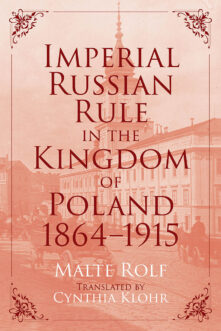Books
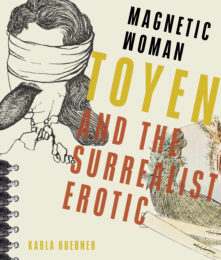
Magnetic Woman
Toyen and the Surrealist Erotic
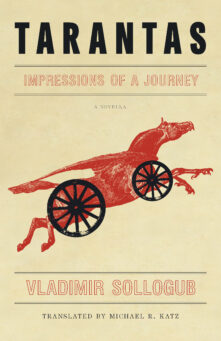
Tarantas
Impressions of a Journey
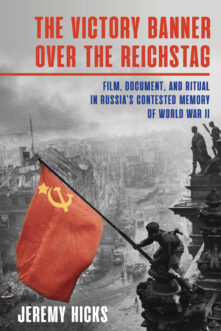
Victory Banner Over the Reichstag, The
Film, Document and Ritual in Russia's Contested Memory of World War II
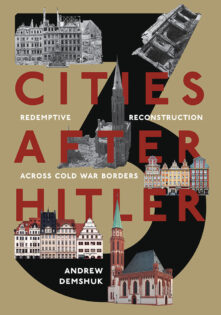
Three Cities After Hitler
Redemptive Reconstruction Across Cold War Borders
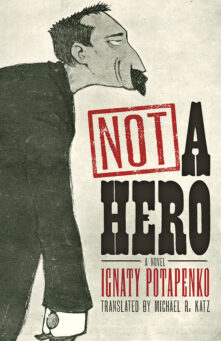
Not a Hero
A Novel
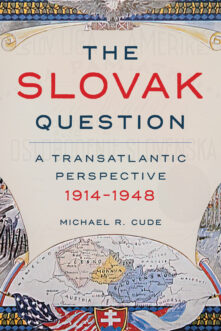
The Slovak Question
A Transatlantic Perspective, 1914–1948
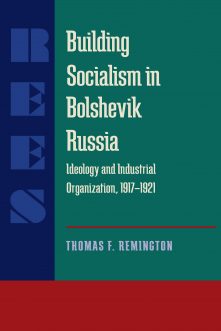
Building Socialism in Bolshevik Russia
Ideology and Industrial Organization, 1917-1921
Total 113 results found.


